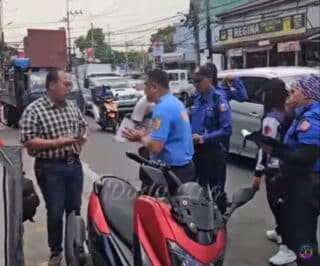On the occasion of International Human Rights Day (Dec. 10) and in view of the alarming rate of human rights violations, the National Council of Churches in the Philippines affirms that our concern for human rights is based on Christian discipleship, witness and solidarity. This means the preservation of humanity, protection of all persons and the guarantee that persons, created in God’s image, benefit from the abundance of creation.
Christian discipleship requires protection of human beings—“from the oppression of fellow human beings, from the arbitrary use of power by government, from unjust structures of society, and from the constant threat to their integrity as human beings, and to guarantee access to those means by which basic survival may be met” (Ex. 5.1; Luke 10.25-37, Matt 25.31-46; A Biblico-Theological Statement on Human Rights Work, March, 1983).
We recognize that the issues we face in this country are complex and not without their roots. God’s creative and redemptive plan remains unfulfilled as people continue to suffer under conditions of exploitation and poverty in a land so provided with sufficient resources for the people’s survival. We recognize that one way or the other previous administrations have perpetuated this suffering—the denial of abundant life to the majority of Filipinos.
Hope for better times rose under the President Duterte’s initial pronouncements on peace, sovereignty, corruption, drugs, bureaucracy, and many other concerns. But in recent months, the spate of killings in the name of war against drugs has taken on alarming twists and turns.
What manner is this that he who expressed disdain over Filipinos killing fellow Filipinos would now tolerate impunity? There can be no “shortcuts” by way of abandoning the rule of law, the equal protection of the law and the resolve to get to the bottom of the social inequality and injustice stalking the land. Stop the killings, Mr. President.
The NCCP also deplores the attempts to restore the death penalty. Sadly, even without the death penalty, violence against life is unabated. The NCCP likewise expresses its opposition to attempts to reduce the age of criminal liability. Both seem to indicate that government is off to a punitive direction rather than restorative justice that respects the sanctity of life.
“We know that the defense of human rights has become a difficult task these days. . . . There are options to be silent or to defend human rights. . .. Our option is to defend human rights for here lies our hope.” (Resolution on the Observance of the UN Universal Declaration of Human Rights, Dec. 10, 1985).
REV. REX R.B. REYES JR., general secretary, REYNALDO M. NATIVIDAD, corporate treasurer, National Council of Churches in the Philippines



